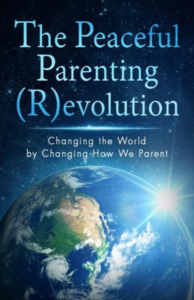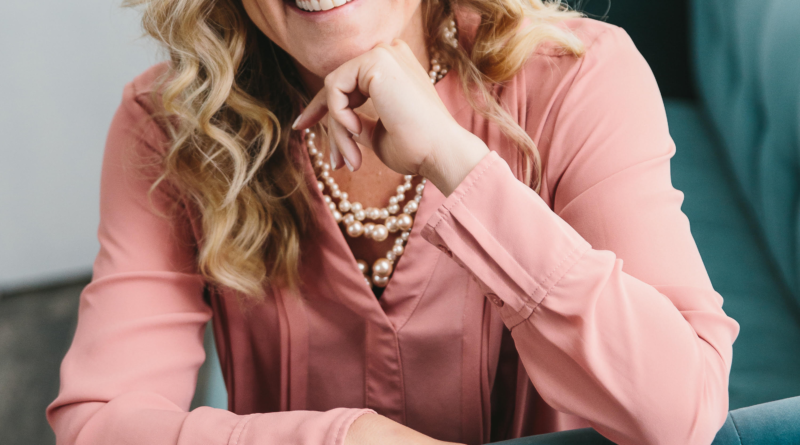Peaceful Parenting: An Expert Offers an Approach to Raising Children by Examining Ourselves
Parenting expert Kiva Schuler presents a radically different way to parent, where we stop asking so many questions about how to get children to behave and examine our behaviors, expectations, and values as parents
To raise happier humans with the courage and self-image to be risk-takers, change-
makers, and creators, we need to redefine our roles as parents. Because, let’s face it, traditional parenting suggests to most young people that their feelings don’t matter, they should play it safe, and that many of their dreams are impractical. This is not the way to raise future adults who believe in the endless possibilities of being alive, who desire to—and do—effect positive social change.
Just because something’s “traditional” or “normal” doesn’t mean it’s right. I used to be apprehensive when speaking about parenting. I didn’t want anyone to feel badly or judged. And I didn’t want to be perceived as some sanctimonious know-it-all telling other people how to raise their children. But, I came to understand Peaceful Parenting. And its universality. And freedom from sanctimony and judgment.
Many years ago, I told my team at The Jai Institute for Parenting that we only needed to reach people who already knew, or felt in their souls, that they wanted to parent peacefully but didn’t know how. “Families know what’s best for their children,” was the thinking. If someone chooses a more traditional approach, “Well, ok, but I guess they just aren’t our crowd.”
But no longer. Peaceful Parenting is, we believe, for everyone who cares about children and our collective future.
Recently, we overhauled our Parent Coach Training curriculum and dove into the most contemporary psychological and developmental research. We interviewed dozens and dozens of parents. We heard stories from their childhoods. Stories that sometimes broke our hearts.
It’s the rare person who wasn’t somehow wounded by their parents. Not because our parents didn’t love us or want to do right by us, but because of pervasive, long-held ideas about good parenting. For example, that good parenting has children meet some prescribed standard of behavior. This means kids are scolded, admonished, shamed back into line, and if they don’t comply, punished or even physically harmed.
Our culture tells us this is good parenting, which causes an internal struggle in parents like us who long for something different. We’re uneasy with the commonplace truism that we need to parent our children authoritatively while feeling—and ignoring or suppressing—the strong instinct that it hurts them and us. When children experience harm, even unintentionally, from the people they love the most, it impacts their self-image and self-esteem.
So when we yell at kids or withhold affection because they’re “too much,” or if we punish them or compel them to stop crying, we’re doing the same thing to our kids that our parents did to us, who were doing the same thing done to them. And back through the generations we go, one after the next, getting bruised, inside and out. Ouch.
Children today face seismic instability, born into a world that, through a constant barrage of news and media, instills in them the idea they’re not safe. Whether it’s climate change, media, the pandemic, etc., the culture is doing a number on our kids. They need us to transcend “normal parenting” now.


